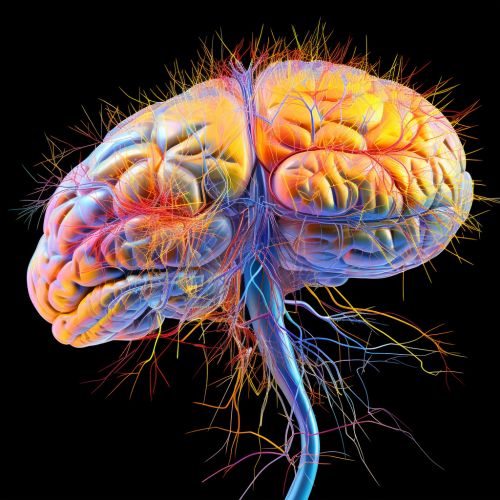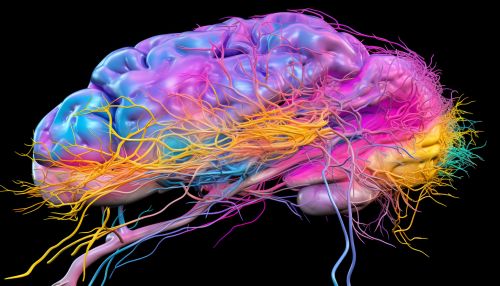Cognitive Mechanisms of Error Monitoring and Correction
Introduction
Cognitive mechanisms of error monitoring and correction refer to the mental processes that allow individuals to detect mistakes and adjust their behavior accordingly. This cognitive function is crucial for adaptive behavior and learning, and it is associated with several neural structures, including the anterior cingulate cortex (ACC) and the prefrontal cortex (PFC).


Error Monitoring
Error monitoring is a cognitive process that involves the detection of discrepancies between intended and actual outcomes. It is a fundamental aspect of cognitive control, allowing individuals to adapt their behavior in response to changing circumstances. The error monitoring process is often associated with the experience of negative affect, such as frustration or disappointment, which serves as a signal to adjust behavior.
Neural Basis of Error Monitoring
The ACC and the PFC are the primary brain regions involved in error monitoring. The ACC is thought to be responsible for detecting errors and signaling the need for behavioral adjustment, while the PFC is involved in implementing these adjustments. Neuroimaging studies have shown that the ACC and PFC are activated during tasks that require error monitoring, such as the Stroop task or the Go/No-Go task.
Error Correction
Error correction is the process of adjusting behavior in response to detected errors. This process involves several cognitive functions, including attention, working memory, and decision making. Error correction is crucial for learning and adaptation, as it allows individuals to improve their performance and avoid repeating mistakes.
Neural Basis of Error Correction
The neural mechanisms of error correction are complex and involve several brain regions. The ACC and PFC play a key role in this process, with the ACC detecting errors and signaling the need for correction, and the PFC implementing these corrections. Other brain regions, such as the basal ganglia and the cerebellum, are also involved in error correction, particularly in motor tasks.
Error Monitoring and Correction in Clinical Populations
Impairments in error monitoring and correction are associated with several psychiatric and neurological disorders. For example, individuals with attention deficit hyperactivity disorder (ADHD) or schizophrenia often show deficits in error monitoring, which may contribute to their difficulties in behavioral regulation. Similarly, individuals with Parkinson's disease or stroke may have difficulties with error correction, particularly in motor tasks.
Conclusion
The cognitive mechanisms of error monitoring and correction are crucial for adaptive behavior and learning. These processes involve several brain regions, including the ACC, PFC, basal ganglia, and cerebellum. Understanding these mechanisms can provide insights into various psychiatric and neurological disorders, and may inform the development of interventions to improve cognitive control and behavioral regulation.
